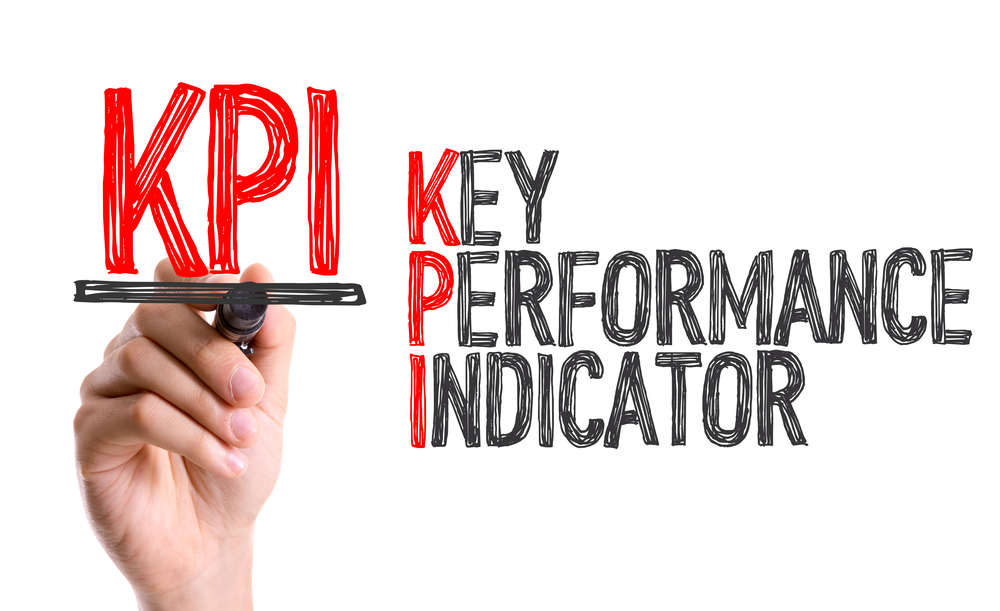Posted by Data Stems ● Mar 24, 2021 10:45:00 AM
KPIs Every Business Owner Should Know
KPI stands for key performance indicators that demonstrate how effectively and efficiently a business is achieving its objectives. KPIs provide business owners with a focus for operational and strategic improvements and also allow them to compare their achievements with key competitors. High-level KPIs monitor the general performance of the business, however, low-level KIPs focus on individual performance or processes. KPIs are essential for business owners to ensure their business is on right track to accomplish organizational goals.

HOW TO SELECT THE RIGHT KPI
-
Understand Business Objectives
Think about the goals and objectives of the business. The right KPI will help you determine what is necessary for your business to become more profitable year by year.
-
What's The Business Stage
Different KPIs are suitable at different business phases. New companies try to stabilize their cash flow while established companies focus on employee retention to grow their business. Always pick the KPI according to your business stage.
-
Leading & Lagging Indicators
It is essential to use both leading and lagging KPIs. A leading indicator influence results to boost sales and a lagging indicator determines the performance of your business.
TOP KPIs EVERY BUSINESS OWNER SHOULD CONSIDER
-
Gross Profit
The critical element of every successful business is its profit. If you have more financial expenditure on suppliers than sales from customers, then it's the moment to change the business strategy. You can determine the profit margin by multiplying the gross profit by 100 and then dividing it by the sales. It is highly crucial to keep an eye on this KPI as it shows how much profit your business is generating in contrast to the amount paid to suppliers. If the profit margin is increasing, then your strategy is good. However, if there is a decrease, you must reduce extra costs such as wages or utilities or increase the price of goods.
-
Flow In & Flow Out (Cash Flow)
The next most important KPI for businesses is cash flow. Keeping track of cash flow helps the business owners analyze whether a business can make enough profit to keep business operations in place as expected. The process to operate cash flow covers the estimation of payment timings and costs for 12 months; that's why it is called Cash Flow Forecast. This KPI helps business owners with not only tax preparation, but also finds areas of capital surpluses.
-
Current Ratio
Your company's short-term liquidity can be evaluated by this Current Ratio KPI. It indicates the capacity to generate adequate profit to pay all the debts at once. The current ratio can be calculated by dividing current assets by current debts. Current assets are all the things that can be converted into cash during one business year. Different companies rely on different proportions of debt financing. Therefore, business owners must compare their current ratio with competitors to determine how their cash flow stacks up.
-
Customer Acquisition Cost
Have you ever wondered how much it costs to acquire a new customer? You might not consider how costly it can be to get a sale at the early stages of business. However, as the business grows, it is an important indicator to keep track of. The customer acquisition cost can be measured by dividing total marketing expenses and sales by the total number of new customers. This important KPI is immensely growing among internet-based startups and companies for their business growth. Web-based business owners use this KPI to execute highly personalized and targeted campaigns to target the ideal audience and track them thoroughly as they turn potential leads to loyal clients.
-
Return On Investment (ROI)
The ROI (Return On Investment) KPI measures the amount of revenue a campaign produces compared to the financial expenses of running that campaign. ROI can be calculated by net profit divided by cost of investment and then multiplied by 100. Because of its simplicity and flexibility as a ratio, this is the most widely used KPI in businesses. Positive ROI can help business owners to remove or pick the best investment options to flourish the business.
-
Sales Growth
This KPI is directly tied to profitability and determines the sales team's ability to maximize revenue over a specific period of time. Without an increase in revenue, businesses are at the edge of being overtaken by potential competitors. As a business owner, this KPI is vital because you make the financial projections to grow the business.
There are multiple aspects of the business that demands detailed attention. The most effective way to assess the business needs is by properly using curated key performance indicators. Tracking KPIs is essential for any business's success, but it should not be a burdensome task. Choosing the right KPIs and proper tools to monitor them can help business owners to make smart decisions. The KPIs mentioned above are best for business owners who want to monitor their business performance and growth.
Topics: business, business tips, key performance indicators

